New Images Reveal Nuclear Fuel Rack Exposed to Air From Liveleak, via Godlike Productions. New video from Arnie Gundersen, explaining how serious Reactor Four's lack of any water in the cooling pool is. Very. Very Very Serious.
Even in death, their bodies remain in limbo.. JAPAN DEAD FEARED TO BE RADIOACTIVE From Express.co.uk. Excerpts:
NEARLY 1,000 bodies of victims of the Japan earthquake and tsunami are not being collected because of fears they have been exposed to radiation.
Radioactive human remains would create a huge problem as cremating them could spread the radiation, while burying them could lead to it simply leaking into the surrounding ground.
Nuclear energy just never stops giving, now does it?
New Arms in Reactor Fight: Mega-Barge, Sticky Resin From The Wall Street Journal/found it on Rense.
On Friday, the government said it will start spraying a synthetic resin over debris on plant grounds. Authorities hope that coating the area with the sticky resin will prevent contamination, present on debris that was spread in explosions to reactor buildings, from being blown to surrounding regions.
Japanese nuclear workers face new threat from radioactive groundwater From The Guardian UK via Rense. Excerpts:
Workers at the Fukushima Daiichi nuclear power plant face new threats to their health after radiation exceeding safety levels was found to have seeped into groundwater near the facility.
The plant's operator, Tokyo Electric Power (Tepco), was the target of further criticism amid reports that some workers at the site had not been provided with personal radiation monitors. (Completely incompetent, or ever worshipful to The Bottom Line? This is Privatized Response.)
Tepco's handling of the crisis has come under closer scrutiny since three workers were exposed to dangerously high levels of radiation last week. They have all been discharged from hospital after suffering no ill effects.
..
Earlier on Friday Tepco reported that groundwater beneath one of the plant's six reactors contained levels of radioactive iodine 10,000 times higher than government standards.
Sort-of Good News! They found the crack.. Radioactive water spilled into sea Excerpts:
TOKYO: Japanese workers struggling to contain a crisis at a crippled nuclear plant discovered Saturday a crack in a pit leaking highly radioactive water straight into the sea, the firm operating the facility said.
As emergency crew members rushed to cement the crack, the Tokyo Electric Power Co. (TEPCO) said it is also preparing to take samples from the ocean near the Fukushima nuclear plant to determine the level of contamination. (So we have no idea how bad this will be yet: None.)
"Today, at about 9:30 am (0030 GMT), workers found that some water, with a radioactivity of 1,000 millisievert per hour, had accumulated in a pit near reactor number two's water intake facility," a TEPCO official said.
"They then found that a 20 centimetre (eight-inch) crack had emerged in the pit and that radioactive water was leaking directly into the sea."
Japan PM visits tsunami-devastated village, enters nuke zone
TOKYO (Reuters) - Japan's prime minister made his first visit to the country's tsunami-devastated region on Saturday and entered a nuclear exclusion zone to meet workers grappling to end the worst nuclear crisis since Chernobyl.
Oncologist issues 'Emergency Radiation Medical Handbook' for use worldwide Yeah. this is basically a press release/ad to sell books, but if you want to buy this information, why would I stop you?
Nissan, Honda to resume production Kind of..
Japanese automakers Nissan Motor Co. and Honda Motor Co. plan to resume regular vehicle production in Japan in mid-April after a month-long stoppage, but said output levels will be modest initially.
Toyota, Japan's largest car maker, hasn't said when it expects to resume normal auto-making operations.
The industry is watching the pace of recovery in Japan, where a record earthquake unleashed a tsunami, destroying or damaging a large number of parts-makers.
Even in death, their bodies remain in limbo.. JAPAN DEAD FEARED TO BE RADIOACTIVE From Express.co.uk. Excerpts:
NEARLY 1,000 bodies of victims of the Japan earthquake and tsunami are not being collected because of fears they have been exposed to radiation.
Radioactive human remains would create a huge problem as cremating them could spread the radiation, while burying them could lead to it simply leaking into the surrounding ground.
Nuclear energy just never stops giving, now does it?
New Arms in Reactor Fight: Mega-Barge, Sticky Resin From The Wall Street Journal/found it on Rense.
On Friday, the government said it will start spraying a synthetic resin over debris on plant grounds. Authorities hope that coating the area with the sticky resin will prevent contamination, present on debris that was spread in explosions to reactor buildings, from being blown to surrounding regions.
Japanese nuclear workers face new threat from radioactive groundwater From The Guardian UK via Rense. Excerpts:
Workers at the Fukushima Daiichi nuclear power plant face new threats to their health after radiation exceeding safety levels was found to have seeped into groundwater near the facility.
The plant's operator, Tokyo Electric Power (Tepco), was the target of further criticism amid reports that some workers at the site had not been provided with personal radiation monitors. (Completely incompetent, or ever worshipful to The Bottom Line? This is Privatized Response.)
Tepco's handling of the crisis has come under closer scrutiny since three workers were exposed to dangerously high levels of radiation last week. They have all been discharged from hospital after suffering no ill effects.
..
Earlier on Friday Tepco reported that groundwater beneath one of the plant's six reactors contained levels of radioactive iodine 10,000 times higher than government standards.
Sort-of Good News! They found the crack.. Radioactive water spilled into sea Excerpts:
TOKYO: Japanese workers struggling to contain a crisis at a crippled nuclear plant discovered Saturday a crack in a pit leaking highly radioactive water straight into the sea, the firm operating the facility said.
As emergency crew members rushed to cement the crack, the Tokyo Electric Power Co. (TEPCO) said it is also preparing to take samples from the ocean near the Fukushima nuclear plant to determine the level of contamination. (So we have no idea how bad this will be yet: None.)
"Today, at about 9:30 am (0030 GMT), workers found that some water, with a radioactivity of 1,000 millisievert per hour, had accumulated in a pit near reactor number two's water intake facility," a TEPCO official said.
"They then found that a 20 centimetre (eight-inch) crack had emerged in the pit and that radioactive water was leaking directly into the sea."
Japan PM visits tsunami-devastated village, enters nuke zone
TOKYO (Reuters) - Japan's prime minister made his first visit to the country's tsunami-devastated region on Saturday and entered a nuclear exclusion zone to meet workers grappling to end the worst nuclear crisis since Chernobyl.
Oncologist issues 'Emergency Radiation Medical Handbook' for use worldwide Yeah. this is basically a press release/ad to sell books, but if you want to buy this information, why would I stop you?
Nissan, Honda to resume production Kind of..
Japanese automakers Nissan Motor Co. and Honda Motor Co. plan to resume regular vehicle production in Japan in mid-April after a month-long stoppage, but said output levels will be modest initially.
Toyota, Japan's largest car maker, hasn't said when it expects to resume normal auto-making operations.
The industry is watching the pace of recovery in Japan, where a record earthquake unleashed a tsunami, destroying or damaging a large number of parts-makers.

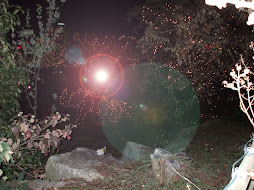



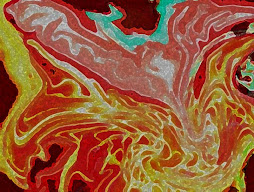



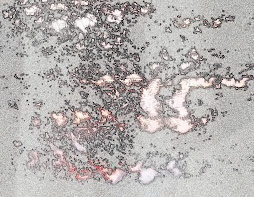

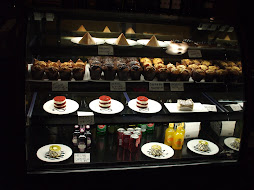





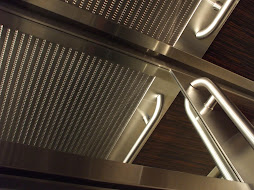





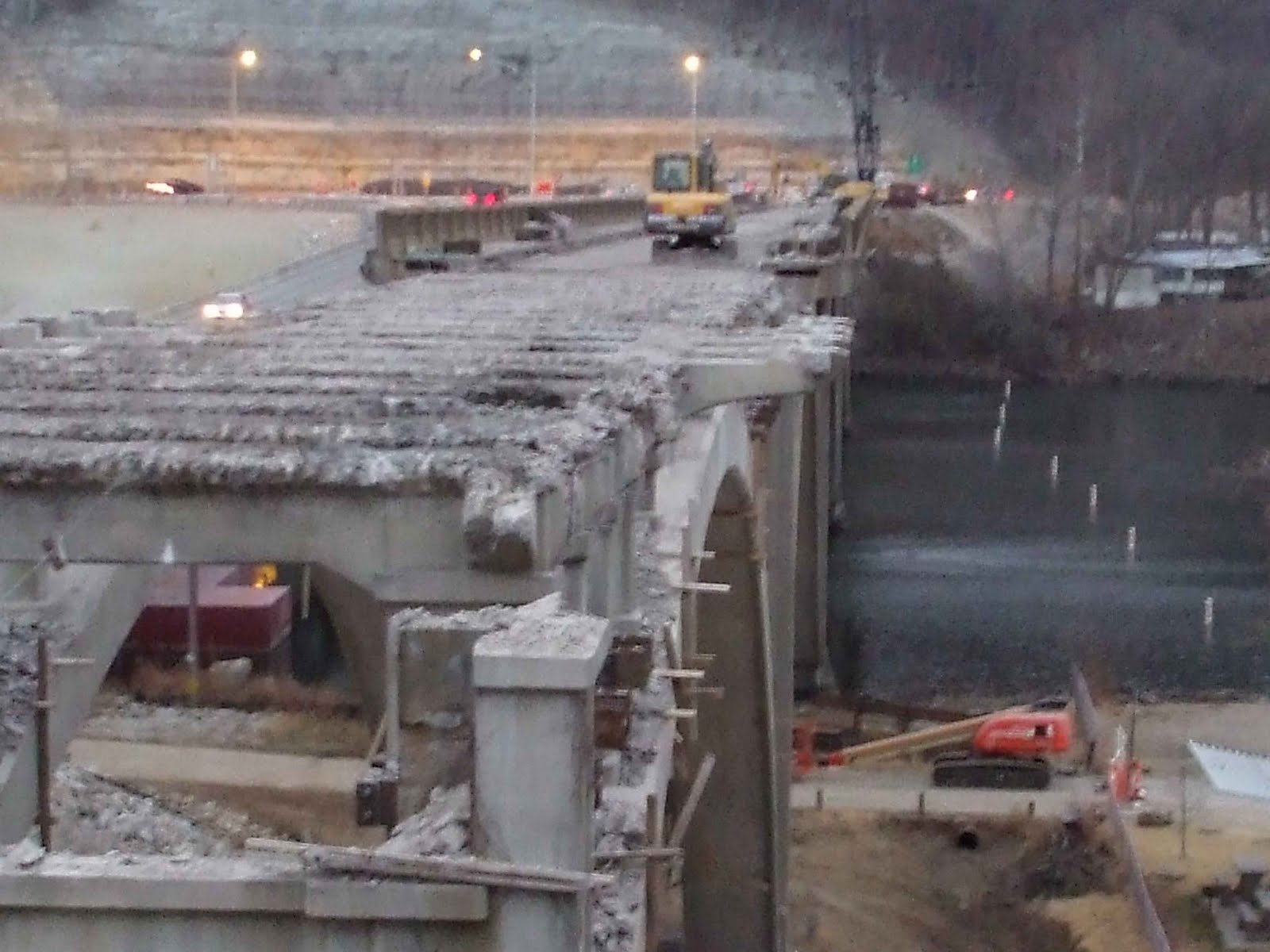
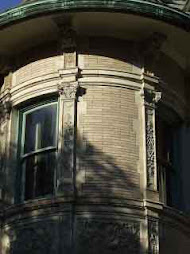



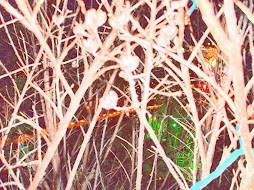














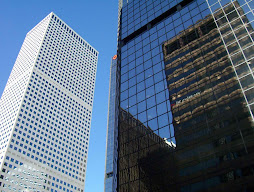





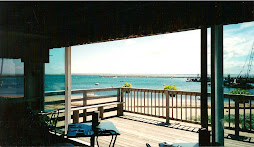
















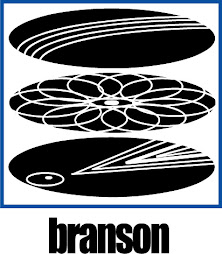






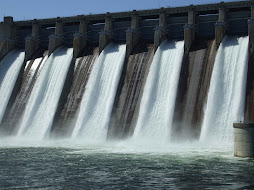


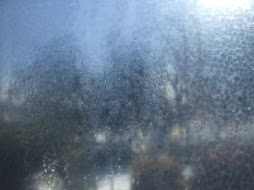

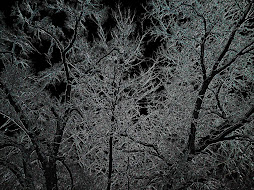

















No comments:
Post a Comment